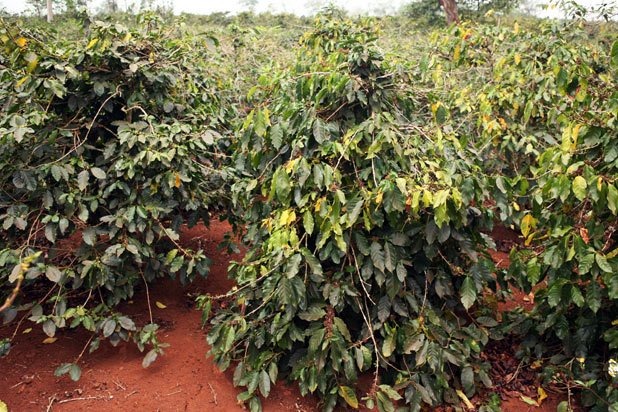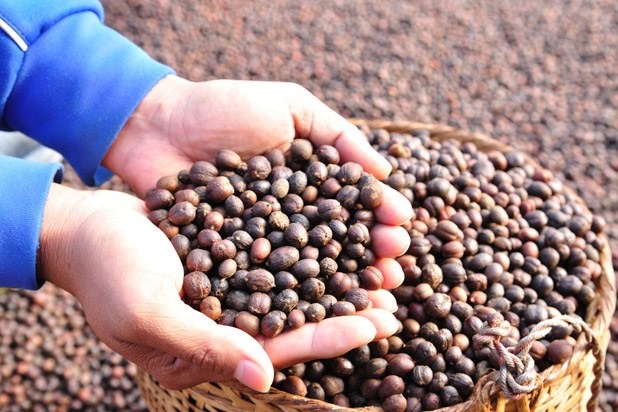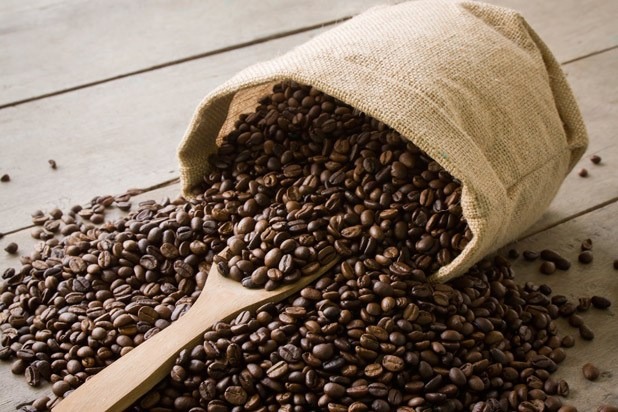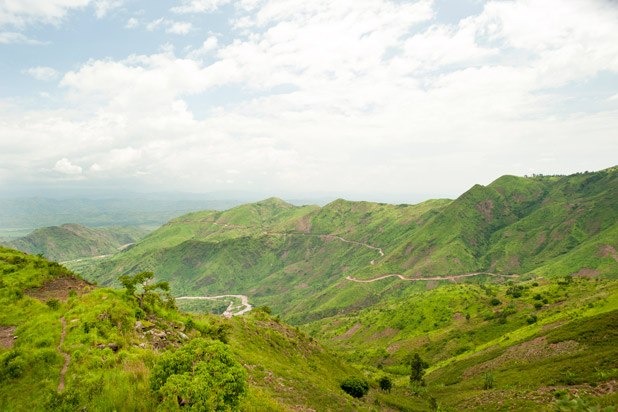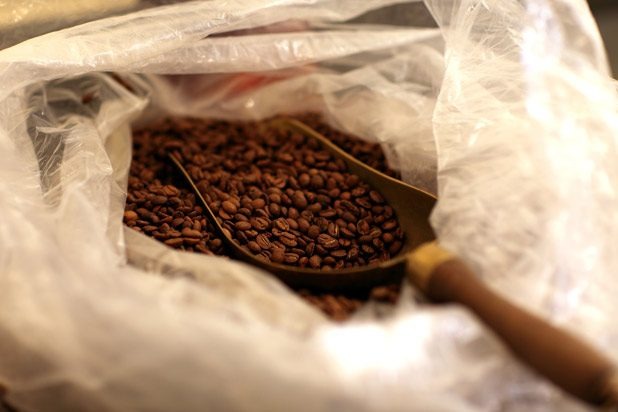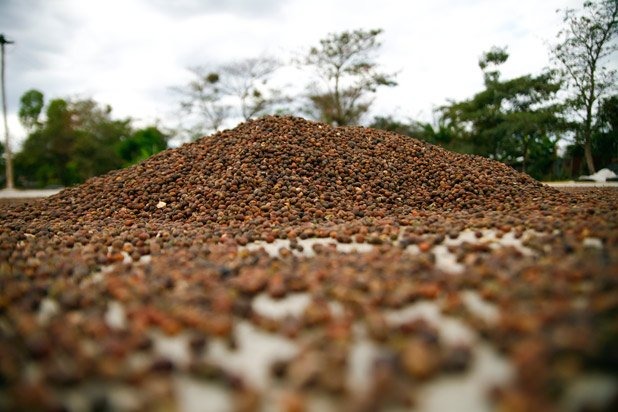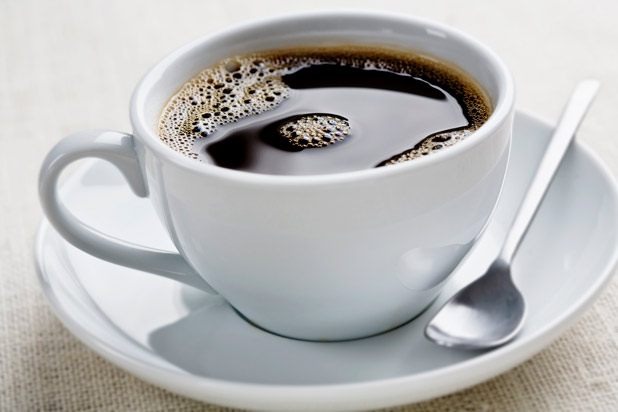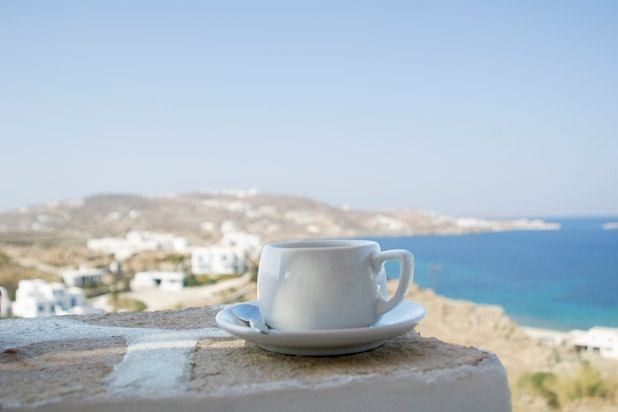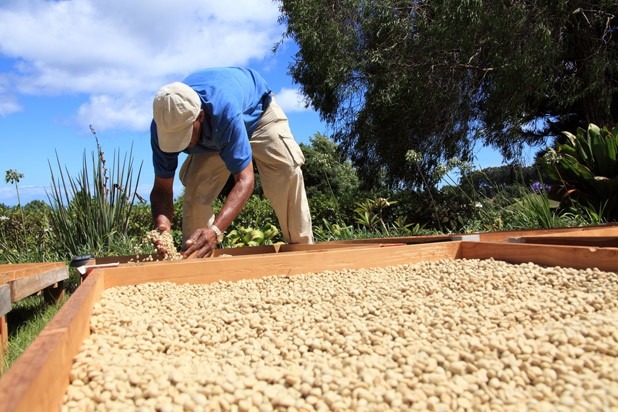10 Things You Didn't Know About Fair Trade Coffee (Slideshow)
Fairtrade is used to describe the certification and labeling system governed by Fairtrade International. Fair trade (two words) refers to the movement as a whole and the organizations that abide by the principles of fair trade.
Fact #2
There are more than 1,100 Fairtrade-certified producer organizations in 70 producing countries, representing more than 1.3 million farmers and workers.
Fact #4
Brazil, Vietnam, Colombia, Indonesia, and Mexico are the largest exporters of coffee.
Fact #5
For some of the world's least developed countries, such as Burundi, coffee production accounts for the majority of foreign exchange earnings, up to 80 percent.
Fact #6
A Fairtrade Premium of $0.20 per pound is added to the purchase price of coffee. It's used by producer organizations for social and economic investments in developing countries where the coffee is produced.
Fact #7
In 2002, 8 percent more coffee was being produced than consumed, which was devastating for coffee-developing countries; more than 100 million growers, processors, traders, and retailers dependent on coffee were affected. Citizens of countries in Central and South America, Africa, and Asia that are dependent on coffee exports endured drastic cuts in health and education spending by governments, and many faced near-starvation conditions.
Fact #8
Fairtrade Standards for coffee act as a safety net against an unpredictable coffee market.
Fact #9
Fair Trade-certified coffee is available from 331 cooperatives in 22 countries around the world
Fact #10
In 2012, coffee farmers earned more than $31.8 million in fair trade premiums to invest in their communities and improve the quality of their harvests.

